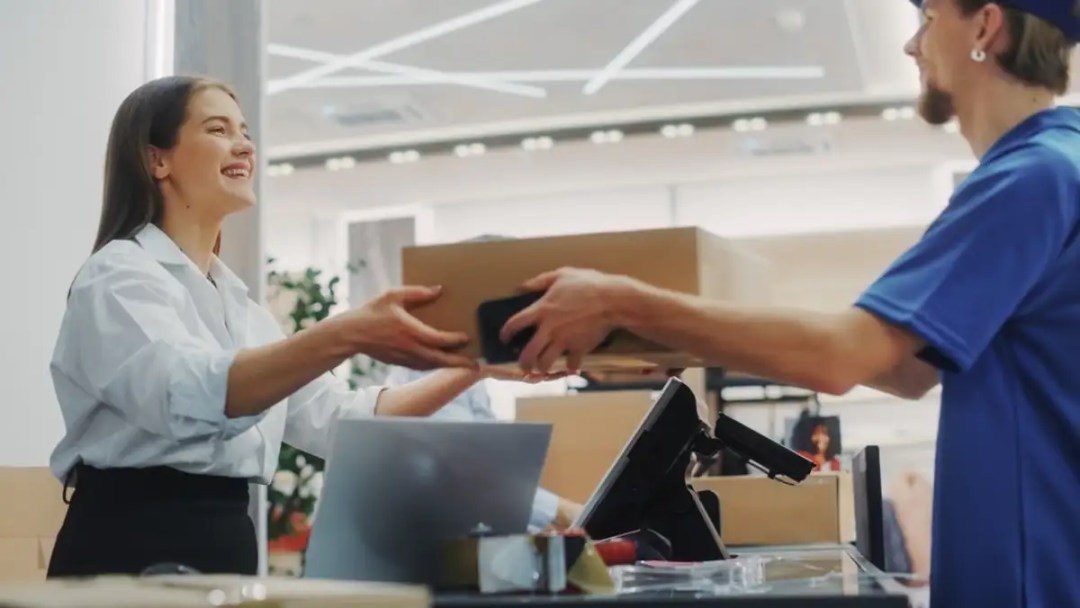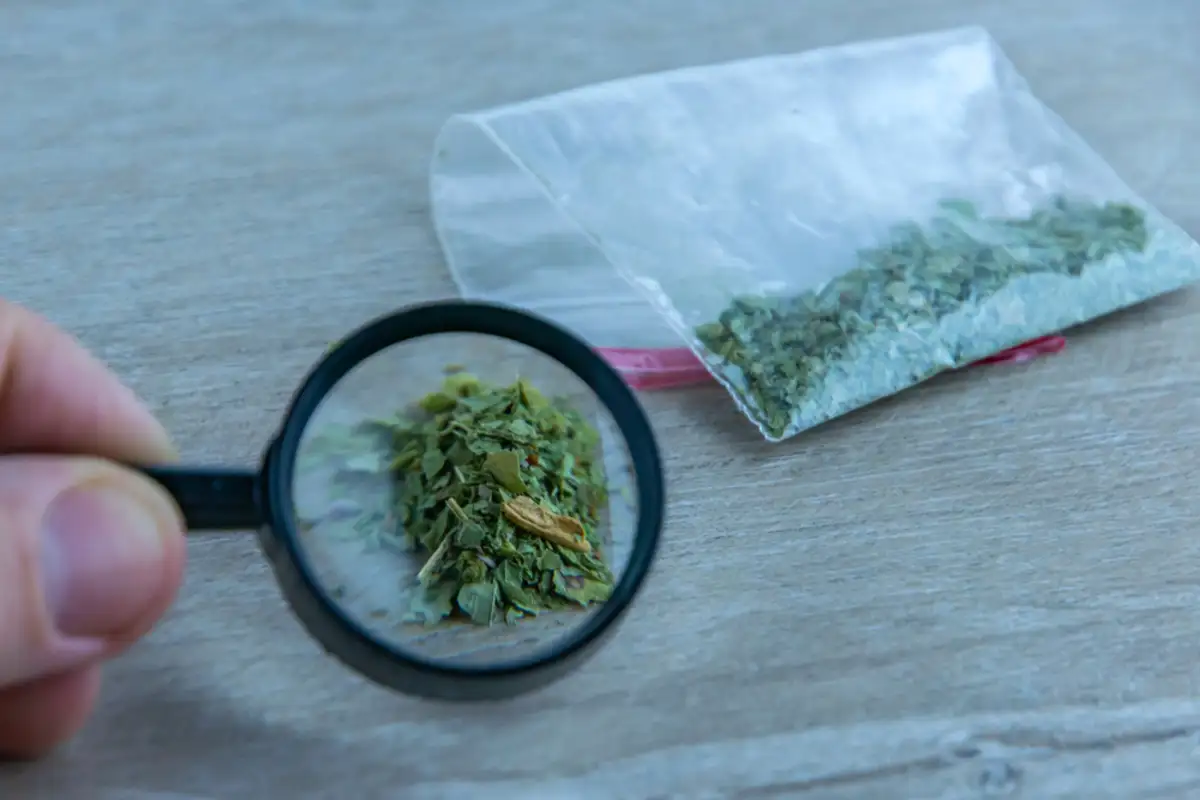In the cannabis industry, synthetic cannabinoids sit in an interesting gray-area. Laws regarding substances are very specific, and each synthetic cannabinoid invites a new round of regulation or capitulation.
Synthetic cannabinoids have been an issue brewing since the Farm Bill of 2018 when cannabis brands realized that molecules derived from hemp are technically legal, no matter what drug test results might say. Synthesizing THC into Delta-8 led to the discovery or re-discovery of many other synthesizable changes to the CBD molecule that can result in variations of THC and – now, CBG, CBN, and other “trace” cannabinoids found in the plant that are more efficient to synthesize than to extract.

A Developing Landscape of Synthesized THC Regulation
In the early days of Delta-8 THC, we advised caution for those brands securely located in legal states where THC does not need to be synthesized, and this has borne out as over 11 states have banned Delta-8 and it has been banned or regulated in 21 states. THC-0 and other variants are tentatively regulated by states that have proactive laws on “psychoactive cannabinoids” which may tighten to include specific molecules as they are developed.
This has created an interesting quilt-work of laws and availability for the modern cannabis and synthesized cannabis user – and for businesses trying to decide which products to stock.
The Complexity of Cannabis Regulation Borders
One of the major issues at foot is managing dispensaries adjacent to regulation borders – including states, counties, and specific cities – that have different laws regarding cannabinoids. This is spotlighted by the clear commerce pattern regarding any dispensary within an hour’s drive of their state border, where laws are inevitably different. In fact, with synthesized cannabis, now smoke shops in less regulated non-legal states may see similar activity for out-of-state traffic. How you stock your shelves not only interacts with the laws of your local community, but will also influence your out-of-state customer base as well.
For cannabis concentrate producers, this strategy applies to what you produce and how. You will want to think about small, one-serving or weekend-sized packaging paired with CBD-sourced cannabis that your out-of-state customers can safely take home across state lines.

Know Your Legal Map on Synthesized Cannabis
- Is Delta-8 legal in your state, or your neighboring state(s)?
- Do the counties or cities have different cannabis laws?
- Are psychoactive cannabinoids generally banned in your neighboring region?
- Are you neighboring a state or county with restricted cannabis policies?
Building your out-of-state cannabis product strategy depends on the specific cannabis and synthetic cannabis laws in your state and any state whose border you are close to. For example, Coloradans cannot purchase, possess, sell, or use Delta-8, though neighbors in non-legal states can. Idaho does not permit any hemp-derived product with THC or its isomers, as has Delaware. Any natural cannabis containing more than 0.3% THC cannot cross state lines, even between legal states, and many states do not allow any synthesis of THC, so as to include all the variants like Delta-10 or THC-0.
However, any synthesized cannabinoid that is both legal in your state and border states where its production may be restricted may become a valuable part of any cannabis inventory where products are sold near state lines.
Business Considerations for Regulation-Crossing Customers
What else can a cannabis producer do if they are aware of a customer base that crosses nearby regulation lines for their products? Every brand must consider how their choices affect and can potentially benefit their customers and community. Here are a few smart choices that can increase your brand’s desirability for over-state purchasing.
Create a Specialized Cannabis Display for Synthesized THC
One of the best things you can do for your customers is to create a unique display for synthesized cannabis and THC allegories. Customres who are excited about cannabis, especially those visiting, often don’t yet know how to read the labels on cannabis products letting them know exactly what is inside or how to ensure they are 100% legal when going home.
Consider how you can put your synthesized cannabis on display based on each specific synthesized molecule (ex: Delta-0 vs THC-O) so that your guests can make the right choices for their location and needs.
Clear Hemp-Derived Labeling
Use labeling that any enforcement agent could see was Hemp and CBD-derived. If the car of your customer was searched in their home state or at the state border, product labeling should offer no confusion as to the product’s legality. Consider including a label or QR code referencing online documentation and test results to minimize hassle for your customers who are performing legal acts of recreation or medical self-maintenance.
If you are worried about cross-state customers, consider providing a visual map with a short summary of cannabis laws on each side to help customers understand what they can and cannot take home safely.
Closed Container Packaging
Make it abundantly clear when a container is unopened. Closed containers are a concept law enforcement already understands regarding alcohol, so this method is very approachable. Use lid seals that clear crack or change -or even change color – when opened so that it is clear when your customers are driving without having accessed any cannabinoid products in the car.
Small Packaging for Short Stays
Lastly, for your natural THC-bearing cannabis products, consider small single-serving and one-weekend packaging. State line cannabis tourism often boosts the hospitality industry of state border communities because people will come over for one day or weekend to unwind before going home. Helping your customers avoid the temptation of leftovers is another way to keep your clientele safe.

The Rise of Cannabis-Adjacent Hospitality Services
As cannabis becomes a growing industry for both recreational and medical use, it’s no surprise that cannabis hospitality is also on the rise. One of the best solutions to many regulation compliance issues is simply to offer customers better options. Those driving in to unwind for a weekend benefit from “420 Friendly” lodgings, while private cannabis lounge dining rooms will make adult get-togethers exactly the same as sharing a bottle of wine among friends.
With the recent push to legalize cannabis lounges across several states, cannabis hospitality now stands on both sides of the line. Contact us






